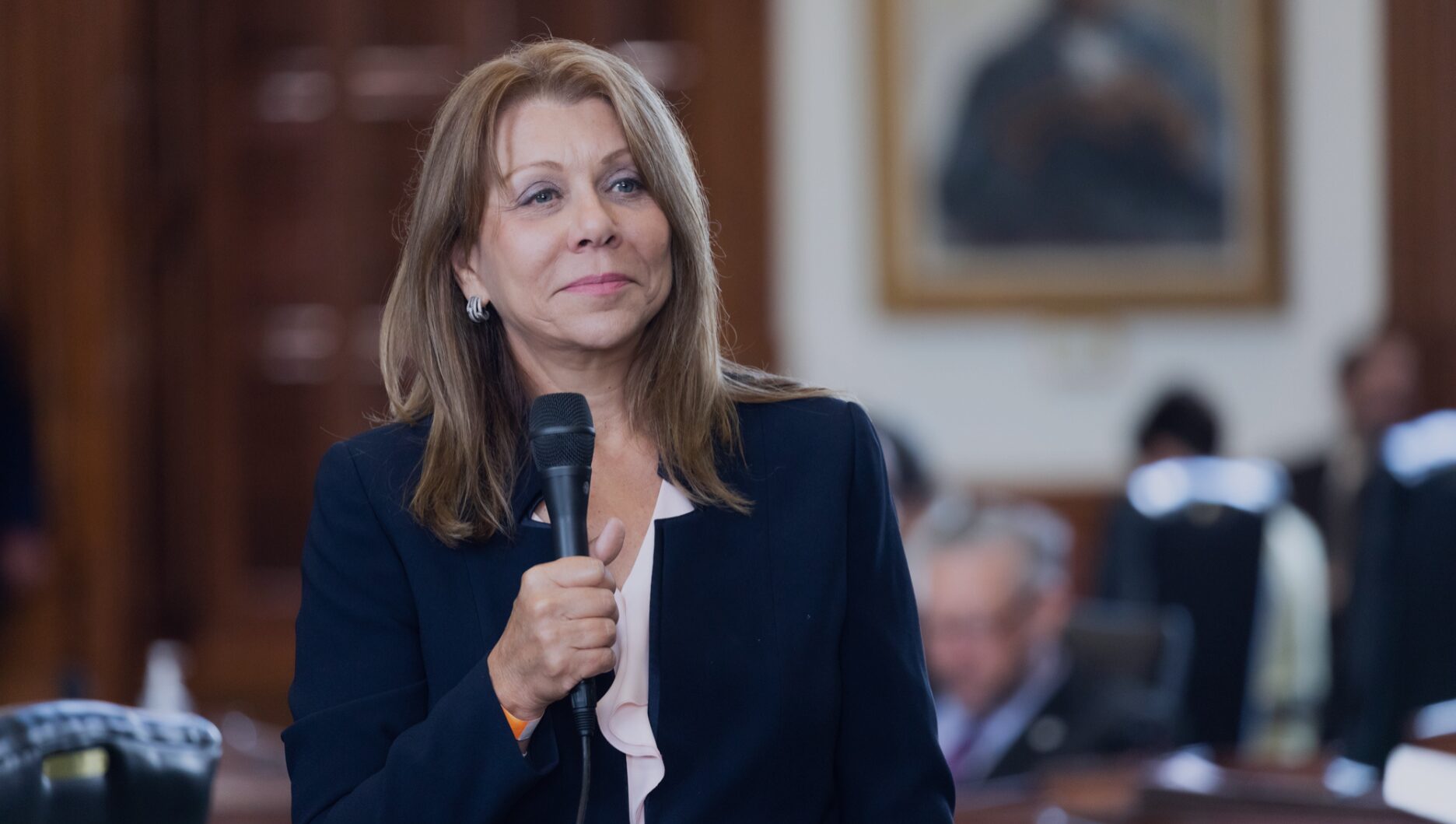The 2022 Primary Election season is already well underway and for voters choosing to participate in the Republican primary election, among choosing between a litany of candidates up and down the ballot, they will also have the ability to consider a ballot proposition specific to property tax elimination.
Republican Primary Election Ballot Proposition on Property Tax Elimination
Proposition 2, on the upcoming Republican primary election ballot specifically says,
“Texas should eliminate all property taxes within ten (10) years without implementing a state income tax.”
Voters will simply be given the opportunity to vote yes or no.
Undoubtedly, the results will be used to lobby and influence lawmakers in the lead-up to both the general election in November 2022 and in the 88th legislative session set to start in January of 2023. The results will particularly be used on Republican lawmakers in renewed efforts to put Texas on a path toward the elimination of ad valorem taxation or perhaps put more bluntly, having Texans no longer perpetually pay rent to the government after purchasing a home.
Recent Legislative “Efforts”
Republicans have controlled every statewide office and the state legislature for almost two decades. Despite this reality and despite promises to provide substantive tax relief over the course of that time, property taxes have increased exponentially.
In March of 2021, the Tax Foundation reported that Texas is ranked as the state with the sixth-highest property tax burden in the United States.
In June of 2021, after the conclusion of the 87th regular legislative session but before the three special legislative sessions that followed, the Texas Public Policy Foundation published a poll that suggested 76% of registered voters agreed that property taxes are a major burden for them and their families. That same poll found that 71% of registered voters would be upset if the current legislative session ended with nothing done to address property taxes.
The 87th legislature had several opportunities over the course of 2021 to put Texas on a path toward property tax elimination. The special legislative sessions came and went and despite legislation being filed and heard in committee that would have set Texas on a path to property tax elimination, the legislature instead chose to provide for ‘trinkets’ of relief for specific classes of Texans.
They did this by increasing the homestead exemption from that of its current amount of $25,000 to $40,000 in the third-called special legislative session. In the second-called special legislative session they passed legislation that allowed someone who acquired property to also qualify for the homestead exemption within the first year of that acquisition, as well as by passing legislation that puts the question to voters to choose to compress tax rates for those that are over the age of 65 or disabled, but not that of all Texas property owners.
The legislature did those things but chose not to consider legislation that sought to bring the school maintenance and operations (M&O) taxes down to zero by using the budget surplus to “buy down” those rates. Put another way, the legislation would have provided for the framework for school M&O tax rates; the largest portion of the property tax valuation, to approach zero over a specific period of time by having the state provide for that decrease.
In the third-called special legislative session, that legislation passed out of the House Ways & Means Committee but was never considered by the House Calendars Committee to be sent to the overall House of Representatives for its consideration. As such, the session concluded without the legislature having addressed the issue.
Primary Election Details
The upcoming primary election itself is scheduled to be held on March 1, 2022, with the early voting period set to begin on February 14.
On the Republican ballot will be candidates for elected office as well as 10 ballot propositions for voter consideration.




